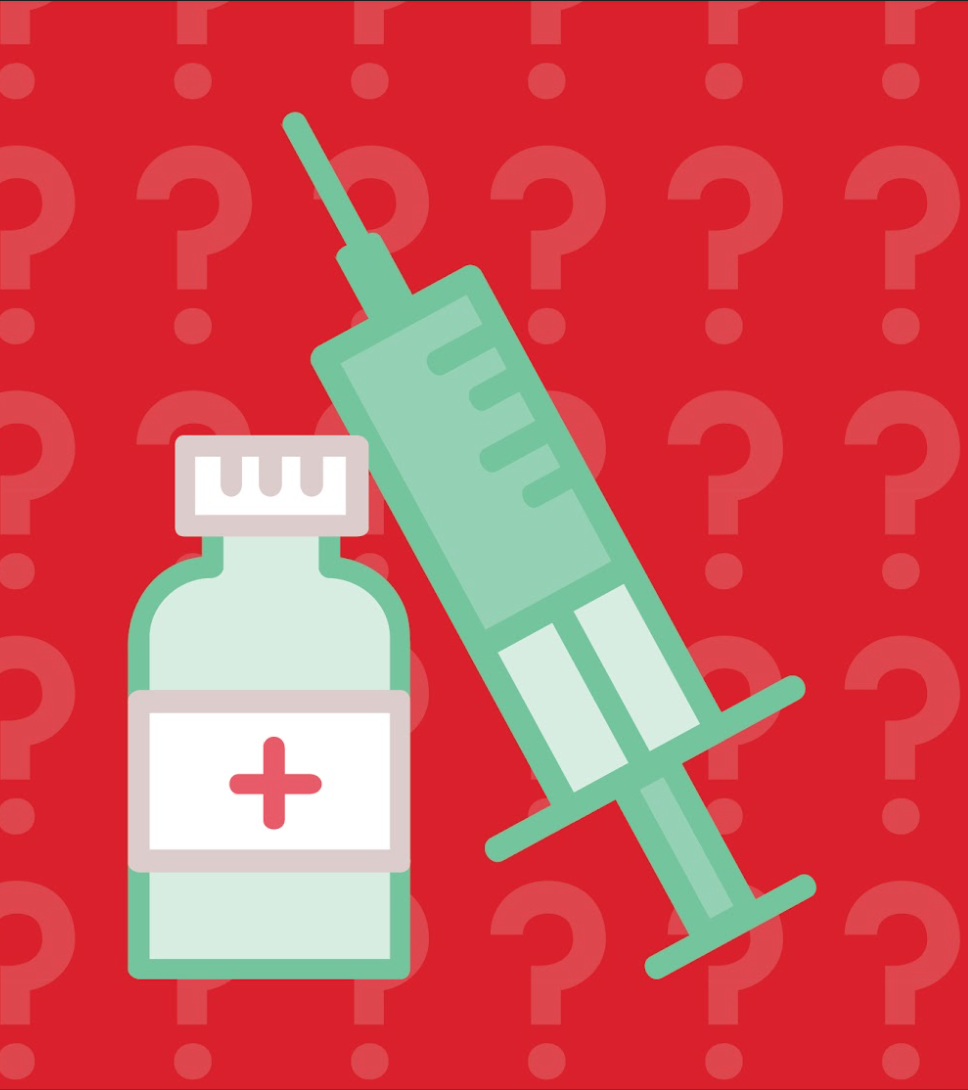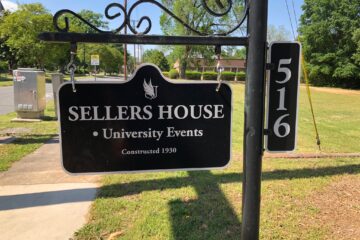Currently there are laws in South Carolina, along with many other states, that require people to receive a certain number and certain types of vaccines to attend public school. This includes vaccines such as Varicella, Polio, Tdap Booster, Diphtheria, Rubeola, Rubella and Mumps vaccines, to name a few.
The idea behind this required vaccination is to provide “herd immunity” which, according to the U.S. Department of Health and Human Services is effective because, “the germs can’t travel as easily from person to person.” In other words, the more people that are vaccinated, the less people will be affected by the spread of certain infectious diseases. Those unvaccinated, according to this view, threaten others because they are not contributing to the common good.
But where do we draw the line between personal freedoms and the common good? Is it really okay that the government can force medical decisions on families and individuals to protect “the herd”? If a person disagrees in any way with being vaccinated, whether that be for religious, medical, or personal reasons, they should not have to go through loopholes to live a normal life.
According to Section 44-29-180 of South Carolina’s Title 44 Health Law, “No superintendent of an institution of learning, no school board or principal of a school, and no owner or operator of a public or private childcare facility… may admit as a pupil or enroll or retain a child or person who cannot produce satisfactory evidence of having been vaccinated.”
This means that a child cannot attend school if they are not vaccinated. That is a hard line directed at the public that forces people to give up their freedom to decide what is healthy for their family if they want their child to attend public school and get the same opportunities as every other child in the system.
Some may argue at this point that herd immunity is the point of this law, not a malicious transgression of our freedom to decide about our own health. But I believe the protection of personal freedoms so dear, whether religious, medical or personal, are a part of our Constitution’s call that the people of the United States are entitled to, “life, liberty, and the pursuit of happiness.” Forcing people to choose between their personal beliefs about something so harmless as being vaccinated or not is not any of these things our country has been founded on.
Exemption forms do exist for medical and religious reasons to not get a vaccine in South Carolina, but this should not exist. It should be a choice, completely decided by the individual, whether or not to be vaccinated. People should not be forced to state that they need an exemption because it transgresses their personal privacy. The citizen who wishes to not be vaccinated must declare, like certain persecuted peoples had to declare their identity to the government in the past, that they have a religious or personal or medical reason not to be vaccinated. They are treated as a threat in this manner and are treated differently from every other citizen by the repercussions of the law requiring people to receive vaccines. They can be fined and even put in jail according to Section 44-1-150 of South Carolina’s Title 44 Health Law in Chapter 29.
So what does this have to do with Winthrop Students? According to South Carolina law, it is up to the university to decide what is required of students pertaining to vaccinations. According to Winthrop policy, students are required to receive vaccinations such as Hep B. They do provide religious exemption forms, which state that the person signing understands the repercussions that, “in the event of an outbreak of a vaccine-preventable disease for which I have not been immunized, I may be excluded from Winthrop University. I understand that the University will not be responsible for any classes missed and that any fees paid are not refundable.”
This too represents the same intrusion into the student’s freedom to decide if they will be vaccinated or not. Thus, I hold to my above-mentioned conclusion that people in the United States should not be required to be vaccinated to participate in normal, daily life – and should not be excluded from any activities because they make the personal decision not to.




